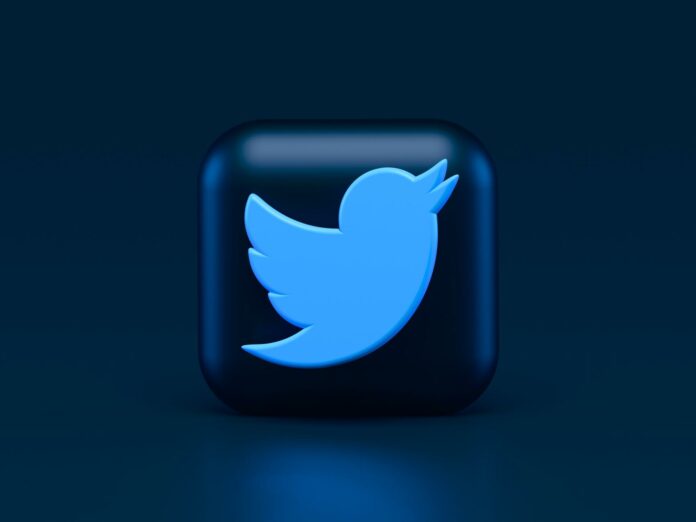(USA Herald) – As a legal news contributor for USA Herald, I find myself immersed in the complex world of law and social media. Today, I bring to your attention the recent conviction of a Twitter influencer that raises questions about the delicate balance between free expression and voter deception.
Douglass Mackey, a 33-year-old from West Palm Beach, Florida, was found guilty of conspiracy against rights by a New York federal jury. This conviction stems from his involvement in a Twitter misinformation campaign during the 2016 election that targeted Hillary Clinton supporters. According to the government, Mackey and his associates spread memes suggesting that Clinton voters could “Avoid the Line” and “Vote from Home” by simply sending a text message.
Mackey’s defense put forth an argument, asserting that his sole intention was to craft a viral meme, not unlike those that circulated during the election season. They pointed out that Clinton supporters had also shared similar memes, urging Trump voters to cast their ballots via text, yet they faced no legal consequences. This discrepancy raises questions about the equal treatment of individuals exercising their right to free expression, regardless of their political affiliations.
The jury’s decision came after approximately 35 hours of deliberation over five days, during which they twice informed U.S. District Judge Ann Donnelly that they were deadlocked. Prosecutors claimed that Mackey’s meme was a clandestine effort to support then-presidential candidate Donald Trump, causing confusion and chaos in the election process.
Mackey’s initial account was suspended by Twitter for “participating in targeted abuse.” However, he created a new account days later and continued to work with dozens of associates to disrupt the presidential election through various means, according to the government. Prosecutors alleged that, beginning in September 2016, Mackey and his associates distributed memes falsely stating that Americans could vote by posting on Twitter or Facebook, or by texting to a specified number. As a result, approximately 4,900 texts were sent in by misled voters.
As a staunch advocate for content creators and their right to free expression, I find this case particularly intriguing. On one hand, it’s essential to protect the integrity of the election process from misinformation and deception. On the other hand, it’s crucial to preserve the rights of individuals to express their opinions and ideas, even if they may be controversial.
As I reflect on this case, I can’t help but wonder: “Is this conviction a victory against voter deception, or does it represent a dangerous precedent for the limitation of free expression?” The answer, it seems, lies somewhere in between, and it’s up to us, as a society, to determine where that balance should be struck.
I encourage you, the readers who support content creators like Mackey and oppose government interference with free expression, to engage in open and thoughtful discussions about this case. Share your opinions, like, and comment on this article to promote a healthy dialogue about the balance between free expression and the protection of our democracy. Together, we can find a solution that respects individual rights while ensuring the integrity of our elections.
By Samuel Lopez, Legal News Contributor for USA Herald






